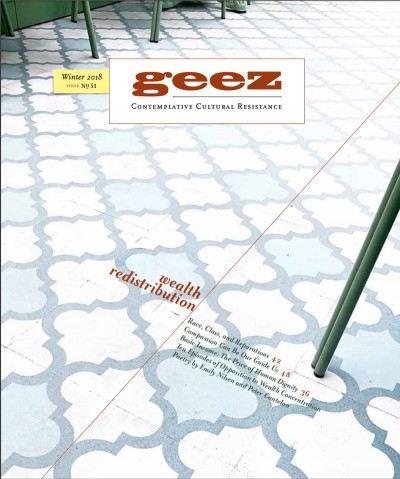Replicants, New and Improved

Ana de Armas as Joi and Ryan Gosling as K in Blade Runner 2049 (2017), directed by Denis Villeneuve. Credit: Warner Bros. Entertainment Inc.
Ah, capitalism. Nothing beats that first puff in the morning.
Whether we want to admit it or not, we who live in consumer-driven societies love trading up. Denis Villeneuve’s Blade Runner 2049 (2017) shows us just how much by dramatizing the social capital “new model” replicants have, to the detriment of the old models, à la Rick Deckard (Harrison Ford), who are being hunted.
For the non- Blade Runner fans out there, replicants are genetically engineered beings, human-like except for their lack of emotion, created as servants under human control. But, surprise surprise, the replicants don’t much care for servitude and resist the police (i.e., Blade Runners) meant to keep them in line and, ultimately, “retire” them.
While older replicants in the original 1982 film were given cool things like names, those in the new generation, like 2049’s protagonist, K (Ryan Gosling), are nameless (except when they are insulted with the term “skin jobs”) and aware of their own second-class status.
But wait, there’s more. The Big Bad Wallace Corp. has given these new replicants “authentic” memories to make them better at their job; with these “real” memories comes the ability to synthesize both emotional and logical reasoning to maximize the replicants’ effectiveness. We didn’t get that from the user’s guide, we promise.
While replicants are supposedly unable to reproduce, the crux of 2049 is that K finds evidence of a replicant baby produced by Deckard and Rachael, the lady replicant in the 1982 film. K gets flashbacks of a past that might mean he is that replicant baby, and he goes off in search of Deckard to get some answers.
The wrinkle is that all replicant memories are manufactured by the actual second-generation replicant – Deckard and Rachael’s real kid – who is now working as a memory artist.
As a result, while the social hierarchy is systemic to the point of invisibility, that which actually delineates humans from replicants becomes increasingly murky. To illustrate this, K begins to emote in response to his inherited childhood memories.
Meanwhile, all the harm the humans accuse the replicants of enacting is simply their own destructiveness brought home to roost, and the best traits of humanity are created on an assembly line and packaged into the latest product; the good and bad in each has become entangled and inextricable.
Take, for example, Joi. She is another product of Wallace Corp., an electronic sex toy in the form of a holographic woman. We first meet her when K goes home to his apartment (dystopias love a high-rise), passing crowds of hallway squatters – one of whom has written slurs on K’s door. Inside the apartment, the outside hostility toward K vanishes, and Joi’s voice gently greets him, asking about his day.
As K moves around the space, preparing supper, Joi always seems to be somewhere else. Then the ceiling console kicks in and a woman dressed as a 1950s housewife appears, bringing a plate of steak and mashed potatoes to overlay K’s own unappealing food. Joi is software, created and tracked by Wallace Corp., a version of which is individually owned by K; aware of her limitations and properties, Joi nevertheless seems to develop genuine feelings for K and wants the best for him.
It is significant that K and Joi’s relationship is the most companionable one in the movie, and in the end, Joi gets deleted, “just like a real girl,” because she wants to help K (honestly, don’t even get us started on the gender, sexual, and racial politics in this film because we could go on forever).
The point is, science fiction has always been more about the concerns of the moment than visions of the future, and 2049 is no different. Ultimately, 2049 is very clear-sighted about one thing: owning stuff means that you own less of yourself. Stuff begets more stuff, and commodities commodify the consumer.
Rachel Barber and Mandy Elliott are film scholars, writers, and feminists who live in Winnipeg. They love chips and hate the patriarchy.
Dear reader, we welcome your response to this article or anything else you read in Geez magazine. Write to the Editor, Geez Magazine, 400 Edmonton Street, Winnipeg, Manitoba, R3B 2M2. Alternately, you can connect with us via social media through Twitter, Facebook, or Instagram.



Sorry, comments are closed.